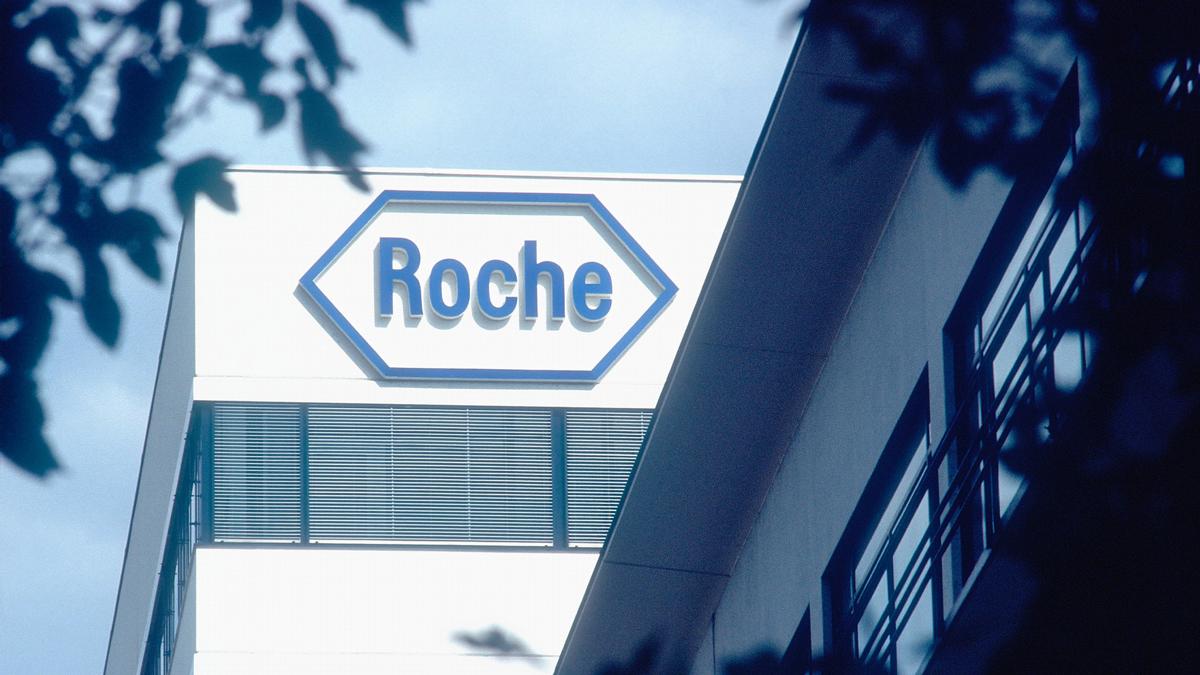Roche’s Polivy gets FDA OK in frontline lymphoma

The FDA has set aside reservations it had about the use of Roche’s Polivy as a first-line treatment with chemotherapy for diffuse large B-cell lymphoma (DLBCL), and cleared the new indication for the drug.
The combination becomes the first new FDA-approved therapy for previously-untreated DLBCL - the most common form of non-Hodgkin lymphoma - in nearly 20 years, according to the pharma company.
FDA reviewers had initially said the benefit of the drug was “modest” in this setting, but Polivy (polatuzumab vedotin) given alongside the R-CHP chemo regimen subsequently got the backing of its expert advisors, who said its benefits were “clinically meaningful” at a meeting in March.
The main study supporting the application – POLARIX – showed that the CD79b-directed antibody-drug conjugate (ADC) plus R-CHP achieved a 27% reduction in the risk of disease progression, relapse, or death, over a standard first-line regimen known as R-CHOP, although there was no statistically significant difference on overall survival.
Around 40% of people with DLBCL relapse after initial therapy, so boosting responses in the front-line setting has the potential to provide big benefits to patients and reduce the need for later line therapies. For those patients that do relapse, the prognosis is poor, with a median overall survival of less than two years.
Additional follow-up from POLARIX over a median of 40 months has found that the improvement in progression-free survival (PFS) has been maintained, with a 24% reduction over the comparator group.
The chances of a positive outcome for Roche from the FDA’s review were likely elevated by the fact that Polivy is already approved alongside R-CHP for previously-untreated DLBCL in more than 60 countries, including member states of the EU and China.
Polivy has been cleared by the FDA since 2019 as a third-line treatment for DLBCL alongside rituximab and bendamustine, but moving it into first-line use elsewhere has already resulted in a sales leap of 85% to CHF 437 million ($487 million).
“It has been nearly 20 years since a new treatment option has become available to people newly diagnosed with diffuse large B-cell lymphoma,” commented Roche’s chief medical officer, Levi Garraway.
The new approval for Polivy “brings a much-needed new treatment option, which may improve outcomes and bring other benefits to many patients with this aggressive lymphoma,” he added.
Analysts at Jefferies have previously suggested that use in first-line DLBCL could result in peak sales for Polivy of $2.4 billion.
The drug, meanwhile, is just one of the therapies Roche has developed to treat DLBCL, as well as other forms of NHL.
It claimed an FDA approval for subcutaneous CD20xCD3 bispecific antibody Lunsumio (mosunetuzumab) for relapsed or refractory follicular lymphoma last December, and has pivotal trials on the go in DLBCL. Meanwhile, an intravenous CD20xCD3 bispecific antibody – glofitamab – is under FDA review for DLBCL.












